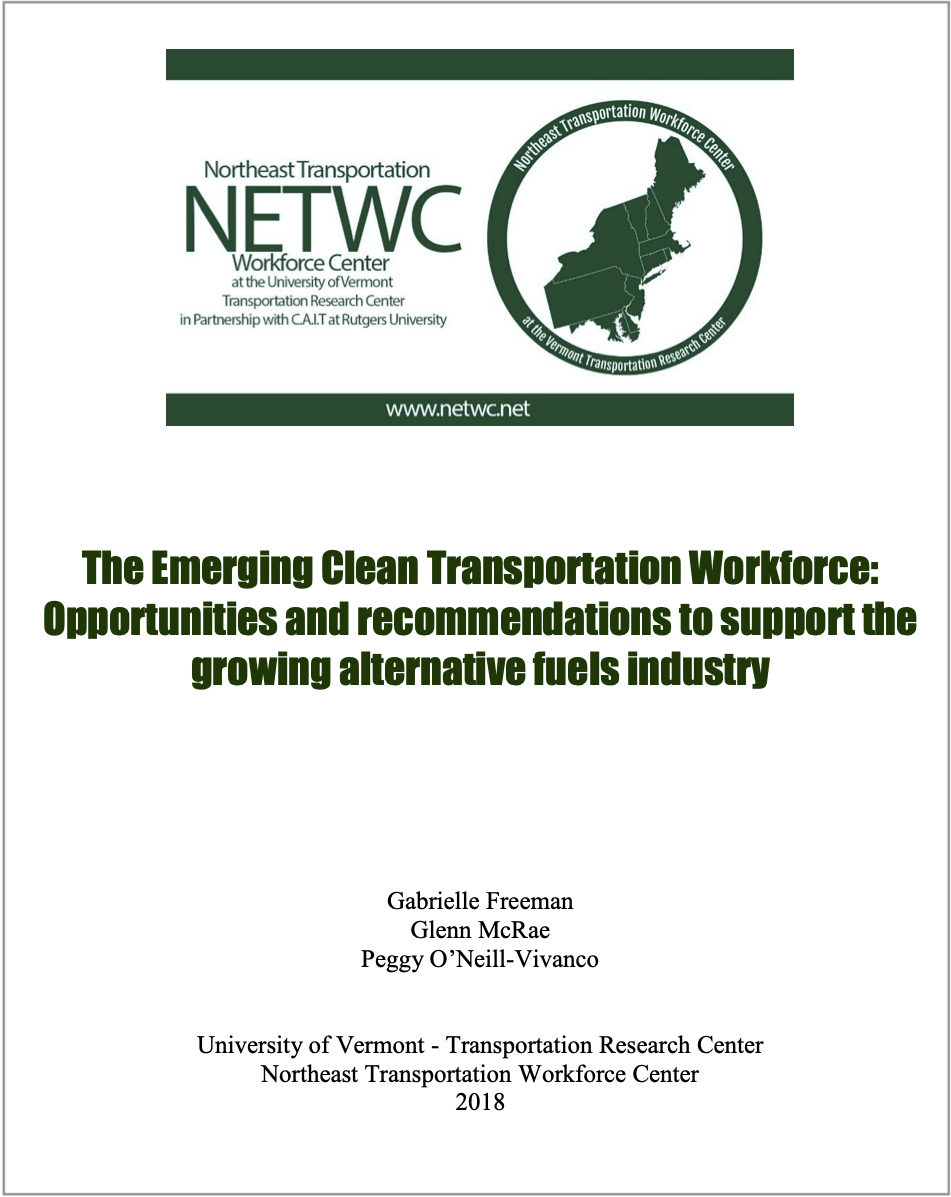 America’s transportation system is the backbone of its economy, connecting households to employment, healthcare, and education, and supporting the movement of goods and services across supply chains. This system, while indispensable, faces mounting challenges in traffic and congestion, decaying infrastructure, over-dependence on foreign oil, and in many communities a lack of infrastructure for public transit, cyclists, and pedestrians.
America’s transportation system is the backbone of its economy, connecting households to employment, healthcare, and education, and supporting the movement of goods and services across supply chains. This system, while indispensable, faces mounting challenges in traffic and congestion, decaying infrastructure, over-dependence on foreign oil, and in many communities a lack of infrastructure for public transit, cyclists, and pedestrians.
Clearly, a break from business as usual is needed to create a transportation system that is cleaner, more equitable, and accessible. While solving transportation’s modern challenges will require a number of place-based solutions, such as walkable and bike-able streets and improved access to public transit, a parallel focus on expanding the use of alternative fuels and electric vehicles (EVs) is also needed. More EVs on the road means spending less on imported fuels, saving consumers billions of dollars at the pump and keeping more transportation dollars within local economies. These economic gains are especially key in rural communities, where on average households spend 7% more of their budgets on transportation compared to urban households.
As more states invest in clean energy and transportation, tens of thousands of new jobs in fields such as science, technology, engineering, and math (STEM); public transit; and construction will be created. The evolving landscape of transportation technologies, from EVs to autonomous vehicles, will require new educational programs, training, and competencies.
The NNTW’s Northeast Transportation Workforce Center (NETWC) has released a white paper that examines what education and training programs exist today to support the alternative fuels transportation industry, and provides recommendations on how to expand this workforce pipeline in a way that meet the needs of anticipated industry growth. A rich resource for job seekers, educators, and workforce development professionals, this research offers insights on how to keep pace with the growing market for EVs and other alternative fuels.
Additional workforce development resources for alternative fuel vehicles can be found at:
- National Alternative Fuels Training Consortium (NAFTC)
- National Automotive Technician Education Foundation (NATEF)
- National Fire Protection Association (NFPA)
- National Biodiesel Board (NBB)
- Renewable Fuels Association Education and Training (ethonolrfa)
- Electric Vehicle Workforce Education & First Responder Training (ev_training_and_education.xls)
- Certified Electric Vehicle Technician Training Program (CEVT)
- NGVAmerica & The Clean Vehicle Education Foundation (NGVAmerica)
- National Institute for Automotive Service Excellence (ASE)
- Alternative Fuel Data Center (AFDC)
- Alternative Fuel Training Network (AFTN)
- Sustainability Education & Economic Development Center (SEED)
- Center for Advanced Automotive Technology (CAAT)